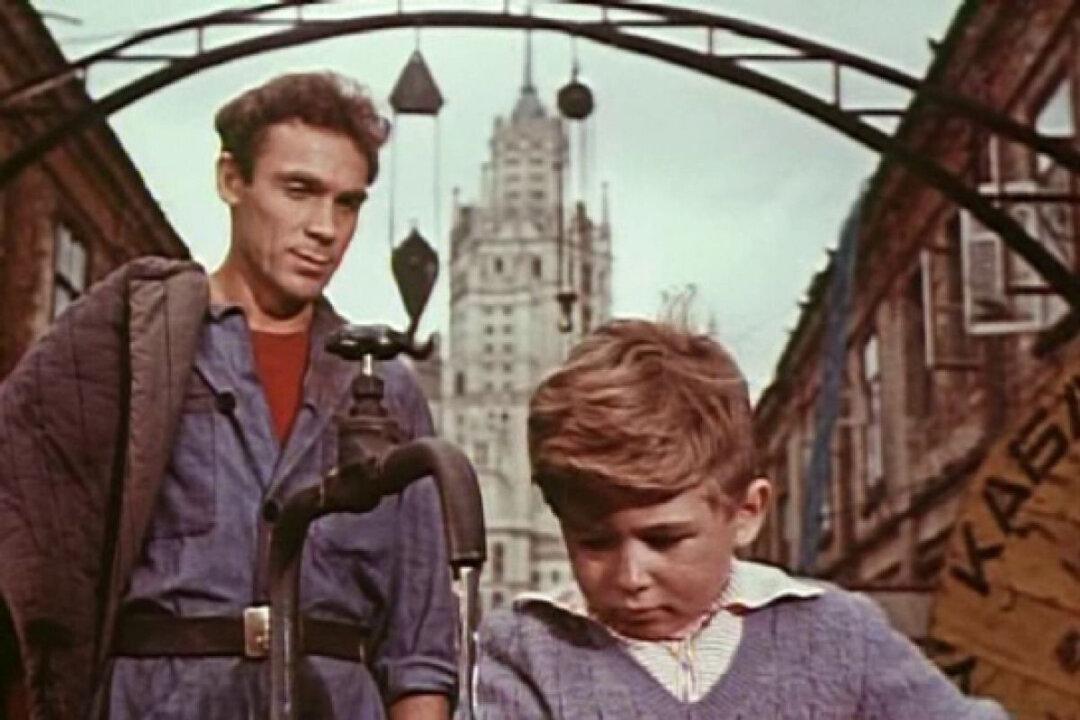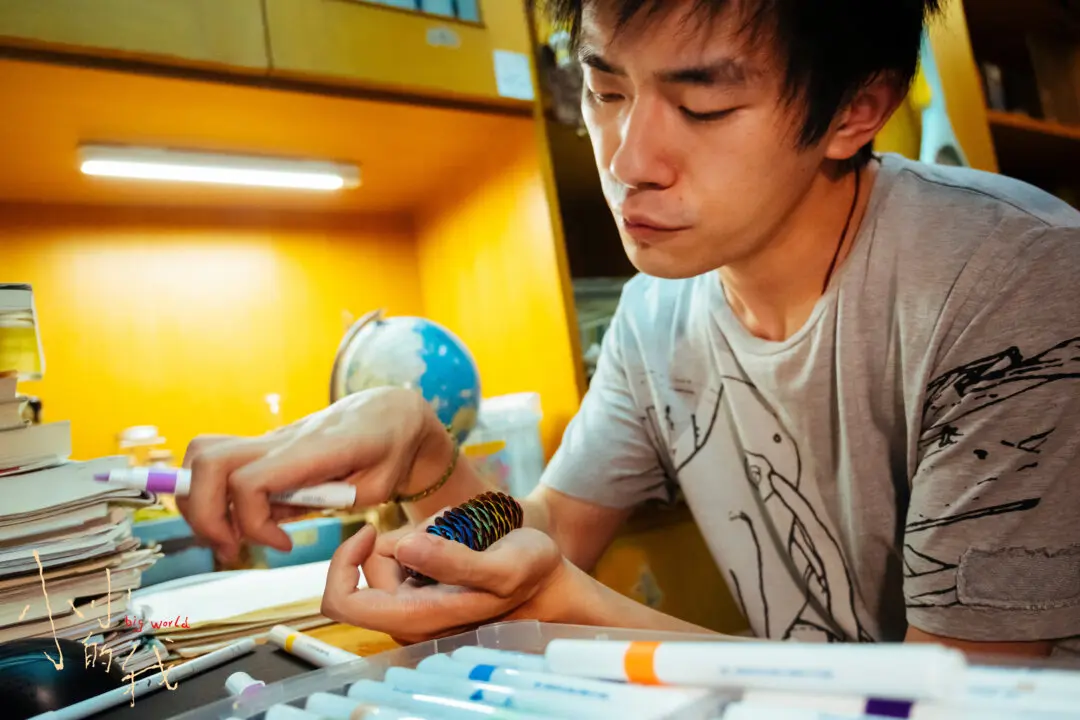Writer-director Andrei Tarkovsky’s Russian-language film “The Steamroller and the Violin” (1961) depicts a day in the life of 7-year-old boy Sasha. He lives in a Russia still being rebuilt after two ruinous world wars and the death of longtime dictator Stalin.
Bigger neighborhood kids bully the daintier Sasha because, unlike their coarser street pastimes, he’s learning the violin. Sasha befriends Sergei, the man who rescues him. Sergei witnessed war as a boy but is now a steamroller operator while reconstruction is underway. The duo’s unlikely friendship looks like the friendship will have lasting effects. Click here for plot summary, cast, reviews, and ratings.





